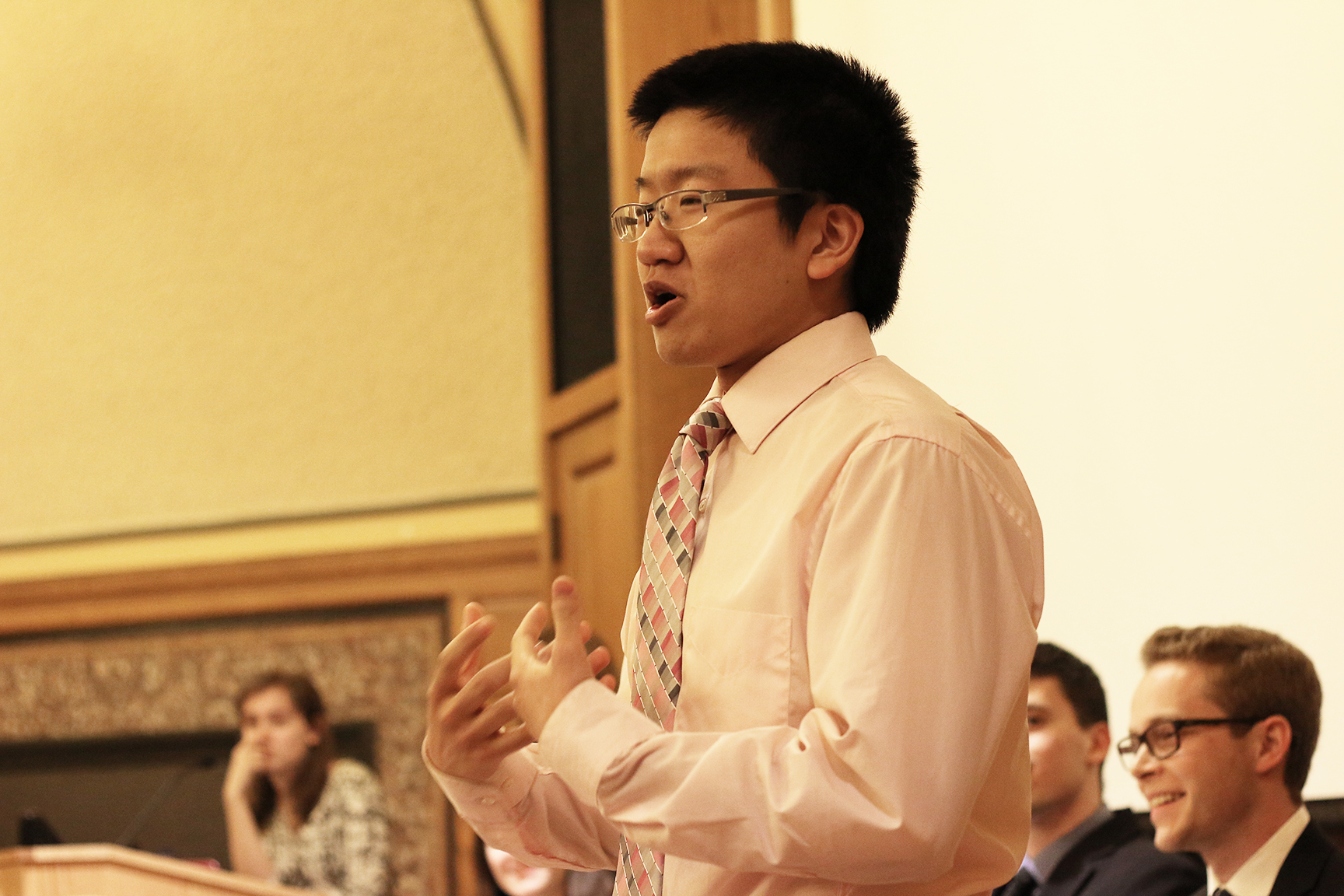
The Yale College Council plans to pilot a service grant program open to any student organization participating in humanitarian work this spring.
In an effort to encourage philanthropy among all student groups, YCC’s Undergraduate Organizations Committee is working to create a new grant initiative to supplement existing administrative, events and publications funding. While other YCC grants are restricted to events for Yale students, this new program will provide financial support for students who seek to engage with New Haven. The pilot is a part of a broader YCC effort to strengthen Yale-New Haven relations and accommodate growing student interest in community service, YCC President Peter Huang ’18 said.
“Many student groups often hold events and programming in New Haven, and we believe that we should support student initiatives that add to the Yale-New Haven community,” Huang said.
The pilot program, which was initially scheduled for the fall semester, was postponed due to budget constraints, UOC Chair Matt Guido ’19 said.
Huang said YCC has not yet determined its spring budget and therefore does not know the scope of the program and the number of recipients. He added that UOC will prioritize other types of funding over the new service grant, in accordance to its central mission to serve all student groups.
According to Guido, the UOC had in the past used up its budget in the spring and could not allocate further funding to tertiary grants such as the service grant
The initial idea targeted only Dwight Hall-affiliated groups but was later expanded to all student groups, Guido said.
As a result, Dwight Hall leaders expressed concern over YCC’s complete jurisdiction over the grant, as Dwight Hall strives to maintain its status as the “home of service on campus,” according to Dwight Hall Co-Coordinator Anthony D’Ambrosio ’18. D’Ambrosio and Co-Coordinator Matthew Coffin ’19 said the success of the project depends on collaboration between the two groups
“We have a good understanding of what kinds of projects are going to be successful,” Coffin said. “At the end of the day, we want the money to be used effectively.”
Still, Dwight Hall’s actual role in the new project is unclear, given that the initiative is still at its preliminary stage, D’Ambrosio said.
Huang pointed out that YCC is less familiar with what constitutes “good service,” adding that Dwight Hall could serve as a valuable resource to determine grant recipient criteria. At a meeting earlier this year, the two groups discussed to what extent the Dwight Hall executive committee will be involved in UOC’s planning, D’Ambrosio said. In an interview with the News, Guido proposed setting up an advisory board to incorporate Dwight Hall leaders in the new initiative, adding that he sees the grant as a catalyst for a stronger working relationship between the UOC and Dwight Hall.
D’Ambrosio said he expects there to be an overlap between the new grant and Dwight Hall’s existing outreach program, which connects nonservice-oriented student groups with nonprofits.
Dwight Hall endorsed Huang for YCC president last spring in support of the service-related goals in his platform, which included increasing collaboration between Dwight Hall and YCC and using YCC to direct students to Dwight Hall groups that match their interests. D’Ambrosio and Coffin praised Huang for his commitment to collaboration between the two groups.
The Yale College Council was established in 1972.







